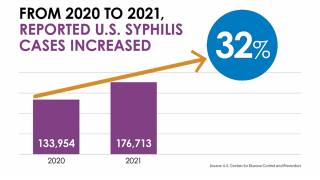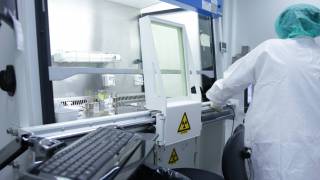HIV Vaccine Candidate Found Not Effective in Viral Suppression

Over the past two decades, advances in the treatment of HIV infection with antiretroviral therapy (ART) have led to marked improvements in infected individuals.
ART of HIV infection has changed a uniformly fatal disease, into a potentially chronic condition.
However, even with prolonged treatment, complete eradication of HIV has not been possible using ART alone.
An estimated 19.5 million of the estimated 36.7 million HIV-infected people globally are receiving anti-HIV therapy. There are now 17 drugs in common use for HIV treatment.
But, more than 17 million people are not receiving therapy, according to the WHO.
Theoretically, the HIV pandemic could be ended without an HIV vaccine.
A preventive HIV vaccine would teach the person’s immune system to recognize and effectively fight HIV in case the person is ever exposed to HIV.
There have been various clinical phase 1/2 therapeutic HIV-1 vaccine trials conducted since the advent of effective ART.
The vaccine regimens tested in these clinical trials were found to be largely safe and induced varying degrees of CD4+ and CD8+ T cell–mediated anti-HIV responses.
A recent, small clinical study just published the results of a randomized, controlled clinical trial of a therapeutic vaccine regimen in an HIV-infected population who began ART early in the course of infection.
These researchers report the vaccine itself generated minimal T cell activation and did not induce protective responses.
They were unable to demonstrate any impact of vaccination on the size of the HIV reservoir in the CD4+ T cell compartment, as measured by three different laboratory assays.
The vaccine was a DNA prime, live attenuated virus boost therapeutic HIV vaccine regimen in subjects who began ART during acute or early HIV infection was well tolerated, with no safety concerns identified.
Despite this clinical trial failure, the results have potential implications for future trials aimed at inducing ART-free virologic remissions.
Somewhat surprisingly, a proportion of individuals in the placebo arm of the study demonstrated sustained viral suppression, even though they were no longer being treated.
These unusual results suggest that any future HIV intervention trials would benefit from the inclusion of a placebo arm.
The study was conducted at the NIH Clinical Center in Bethesda, MD (NCT01859325). There were 21 researchers participating in this study, with no reported conflicts of interest. Michael C. Sneller lead this team. Corresponding author. Email: [email protected]
Our Trust Standards: Medical Advisory Committee

























